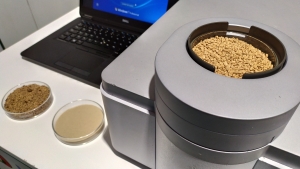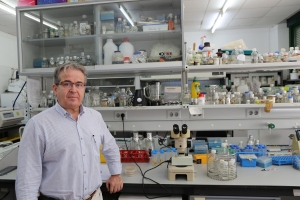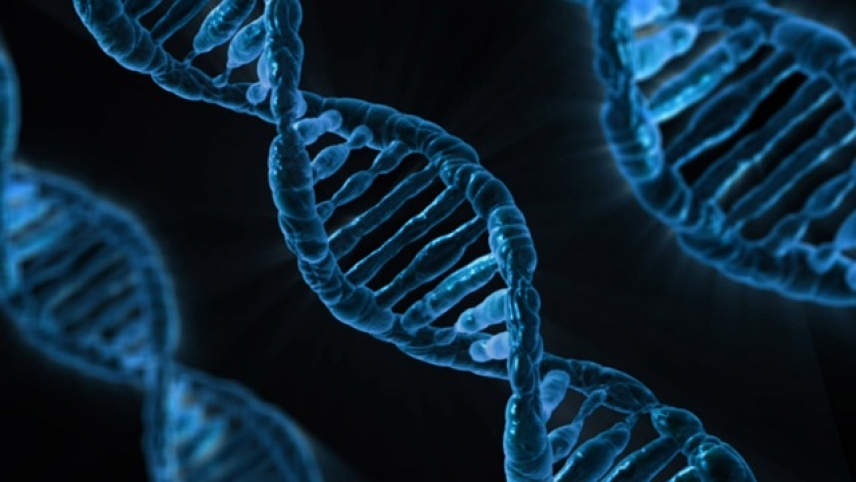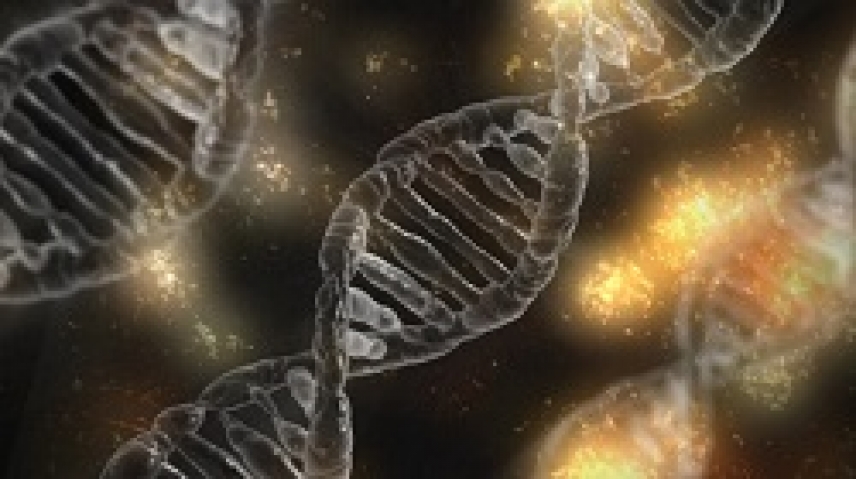BIOMASSTEP PROJECT | A Formula Enables Analysis of Biomass "DNA"
In the agricultural community, the project popularizes a quick and affordable tool to gauge the quality of biomass, instantly
Part of the immune strategy of the strawberry plant is characterized
A University of Cordoba research group classified a gene family responsible for partial control of strawberry defense mechanisms when attacked by common pathogens in crop fields
A biochemical process in plants is imitated to curb the reproduction of colon cancer tumor cells
A University of Cordoba research team has developed a tool to erase molecular tags that silence genes involved in tumor growth
Plants have provided a new avenue in curbing tumor growth. On this occasion, it doesn’t involve miracle species or the like, but rather the results obtained by the University of Cordoba BIO301 research team called "Epigenetics and DNA Repair." This research team is affiliated with the Maimonides Institute of Biomedical Research and is led by Genetics Professor María Teresa Roldán Arjona.
Researchers disprove one of the most widespread assumptions among geneticists regarding DNA
A study by a Córdoba research team, just published in Proceedings of the USA National Academy of Sciences, shows that spontaneous DNA gaps are not – as hitherto believed – equivalent to those produced during DNA repair
Ever since DNA was first isolated in 1869, the scientific community has constantly sought to determine how it works, and reveal its secrets. Despite advances in this field, a great deal still remains to be discovered. A good example is the research published today in Proceedings of the USA National Academy of Sciences (PNAS) by a University of Córdoba research groupassigned to the Instituto Maimónides de Investigación Biomédica (IMIBIC) andled by two professors in the Department of Genetics, Rafael Rodríguez Ariza and María Teresa Roldán Arjona.





